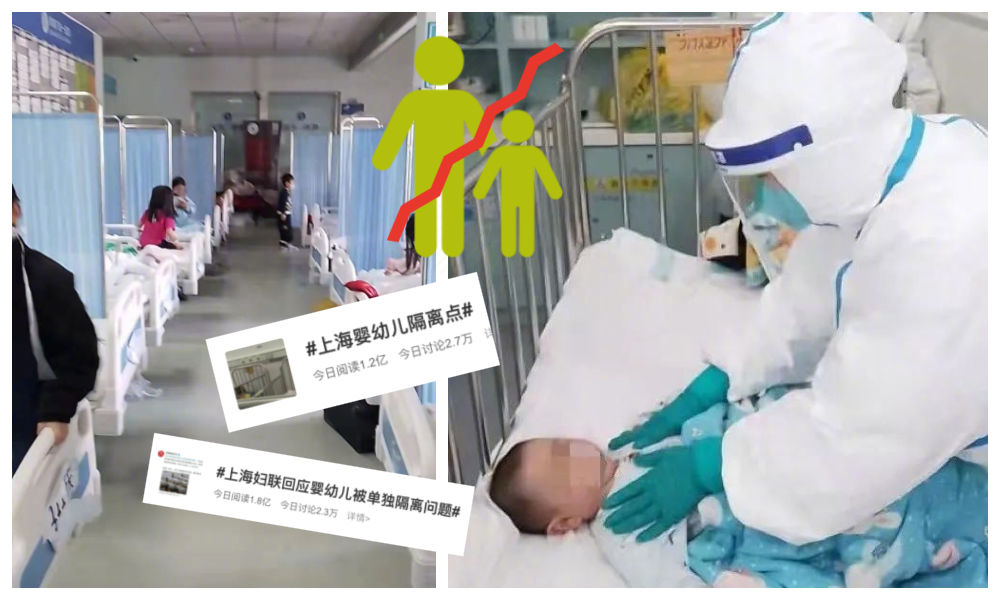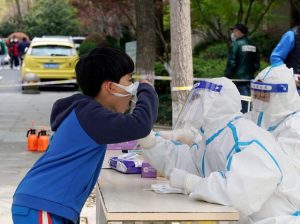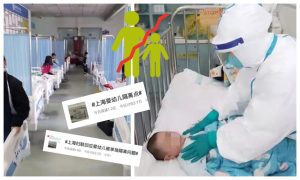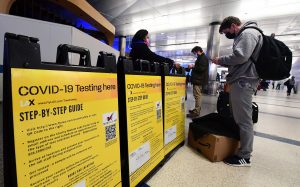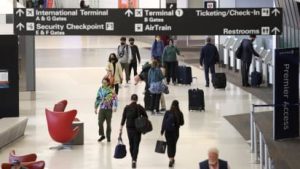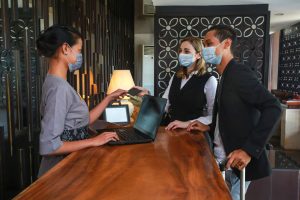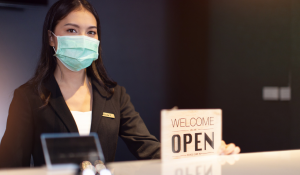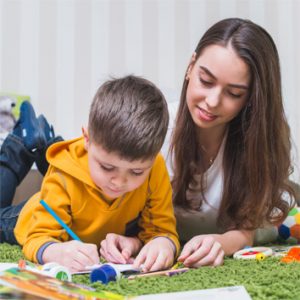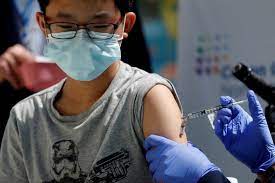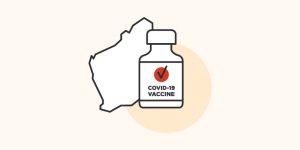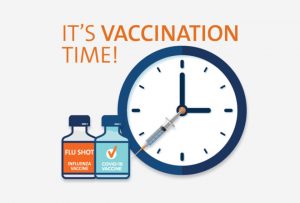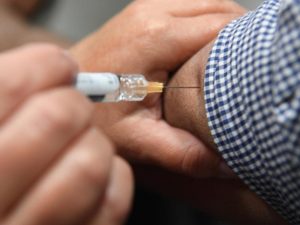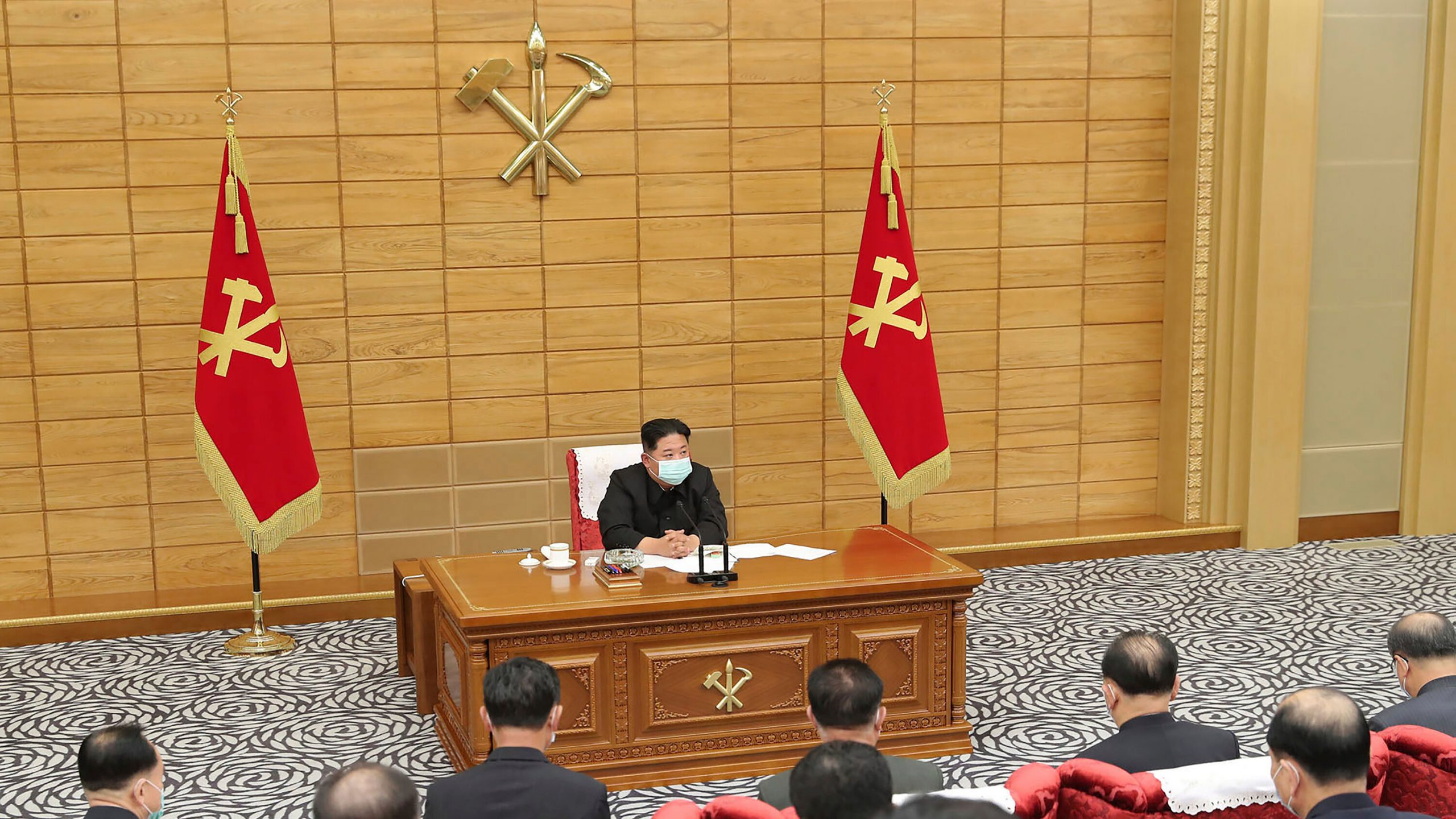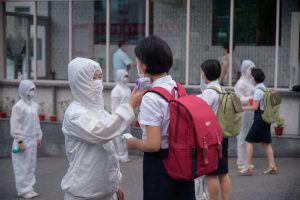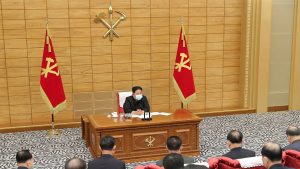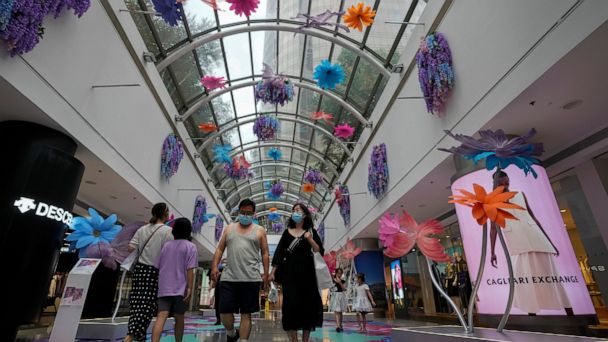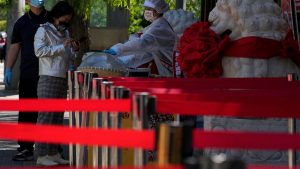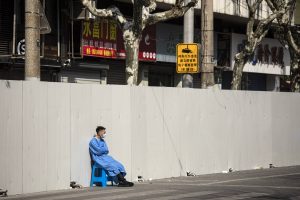As the nation gets ready to cast its vote in the federal election, the number one issue that has affected Australians over the last term of government is no longer front of mind for many of us. But as life returns to normal in Australia, the impact of the pandemic lives on for many.
From labour force shortages to the economy and health care, COVID-19 has created boons and wounds across the country — and these have shaped what people now need from their leaders. So as we move into an era of living with the virus, how has it changed what people think, feel and need from the federal government?
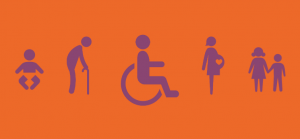
Vulnerable people ‘seen as collateral’
According to Vote Compass data, just 1 per cent of Australians think COVID is the most important issue this election.
But while many have already moved on, the virus is still front of mind for Adelaide woman Belle Owen. As COVID restrictions ease around Australia and masks come off, Ms Owen is doubling down every time she leaves the house. Living with a disability, she is considered vulnerable to the virus and the decision to just leave the house comes with a pressing question.
“I’m really hoping that, when the election is settled and we have a government formed, they can go away and get a group of people together who have that lived experience, and work with [the disability] community to prioritise community safety,” she said.
Spotlight on good economic management
While the impacts of the coronavirus were brutal for many, for others it has shown what works well. WA was the last state in the country to open its borders to the virus. The decision meant total deaths and hospitalisations from COVID-19 have remained comparatively low. And behind the state’s closed border, many businesses were riding high.
Inside Mike Bonomelli’s sheet metal business, Melbon, staff have been kept busy by a 30 per cent increase in business. With the iron ore price high and interest rates low amid a strong economy, Mr Bonomelli took on 10 new staff during the pandemic. The government’s asset write-offs also allowed him to refit his factory with new equipment worth $3 million. Foreseeing a labour force issue, Mr Bonomelli approached the Perth Karen community and took on five new apprentices and 10 new staff in total.

But labour is still an issue. “I really need the government to have some incentive to fast forward international people coming here on some sort of visa, and cutting the red tape to bring in the trades that we need.” Mr Bonomelli said the last two years have demonstrated the benefits a strong economy and swift decision-making can bring. And looking ahead to the federal election, he wants more of that.
COVID’s labour shortage hangover
Not all people in WA have reaped the rewards of WA’s hard border.
For Jen Bird and James Weeding, who operate the family-owned 4WD tourism company Kimberley Wild, it has been brutal. The business helps to showcase sights including Broome, the Bungle Bungles and Motchell Plateau. Ninety per cent of their visitors come from outside WA.
“We’ve been very lucky in WA from a day-to-day life point of view we’ve been COVID-free,” said Ms Bird. “However, with a business that depends so much on interstate and international travel, it’s been tough.” “And as a seasonal business, we do employ a lot of backpackers, and I think that will be a big challenge this year.”
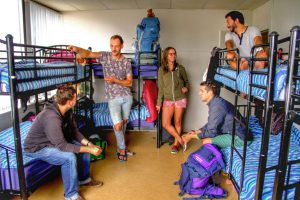
“I would like to see, personally, from the federal government with tourism, perhaps some policies and ideas that stretch beyond a three-year term,” Mr Weeding said. “And the things that affect tourism, like climate and the environment,” Ms Bird said.
The pandemic in the rear-view mirror
But they are also ready to move on from COVID, just like Adelaide hairdresser Ali Lucia. As restrictions ease across South Australia, the immediate impacts of COVID are becoming less of a worry for Ms Lucia.
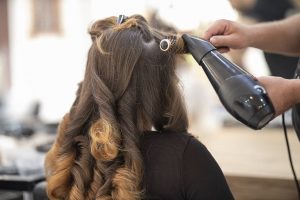
She said she was glad to see the end of close contact rules, as they had affected not only her clients but herself too. But she considers herself one of the lucky ones, keeping her job and now taking on her first mortgage for a brand new home.
With that her focus, she said she was now ready to move past the pandemic, and it would not be a big factor in how she votes.
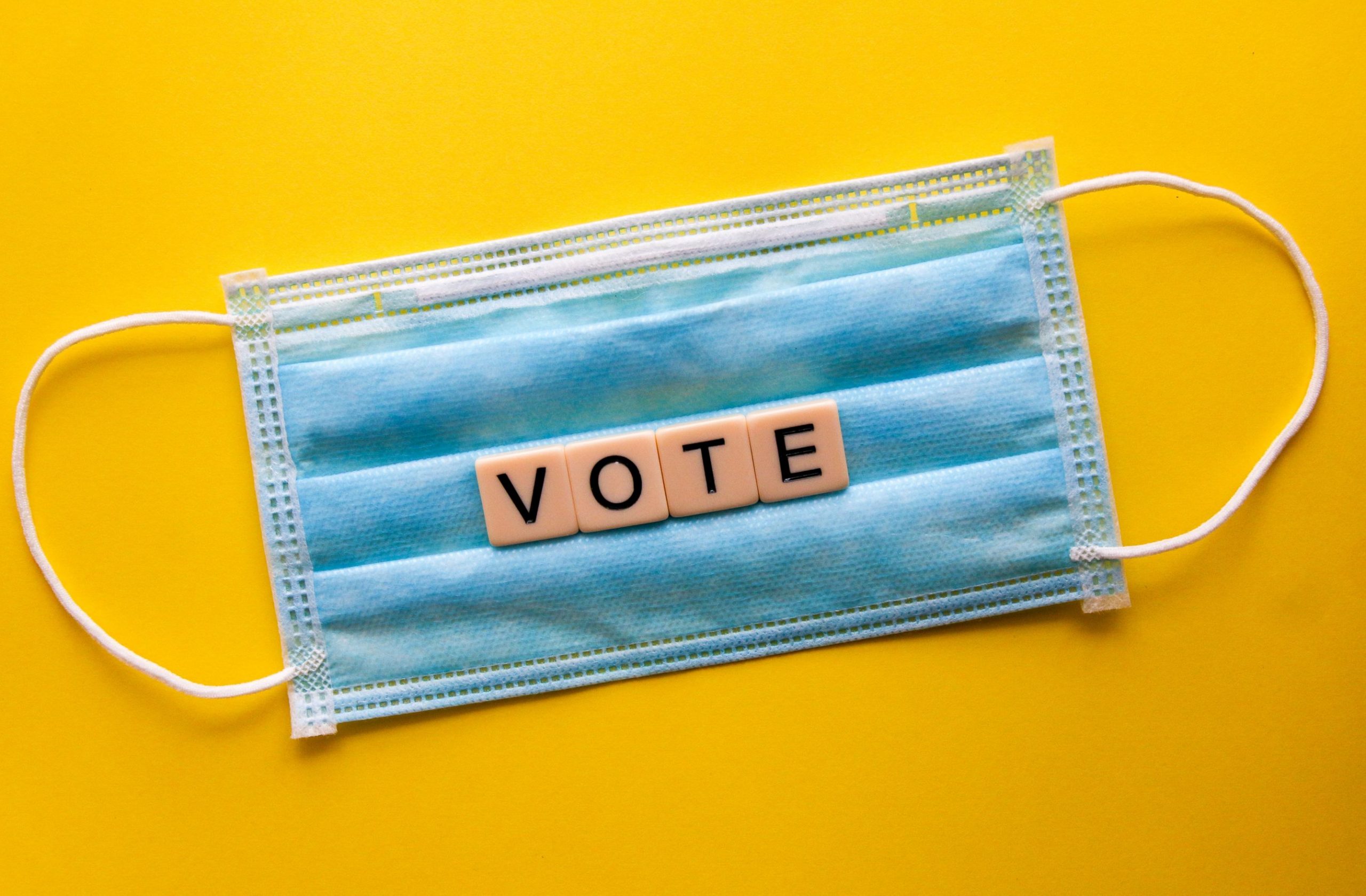

 COVID-19 Around the World3 years ago
COVID-19 Around the World3 years ago
 Cuisine Explorer4 years ago
Cuisine Explorer4 years ago
 Arabic2 years ago
Arabic2 years ago
 Cantonese - Traditional Chinese4 years ago
Cantonese - Traditional Chinese4 years ago
 Tagalog4 years ago
Tagalog4 years ago
 Uncategorized4 years ago
Uncategorized4 years ago
 Uncategorized4 years ago
Uncategorized4 years ago





